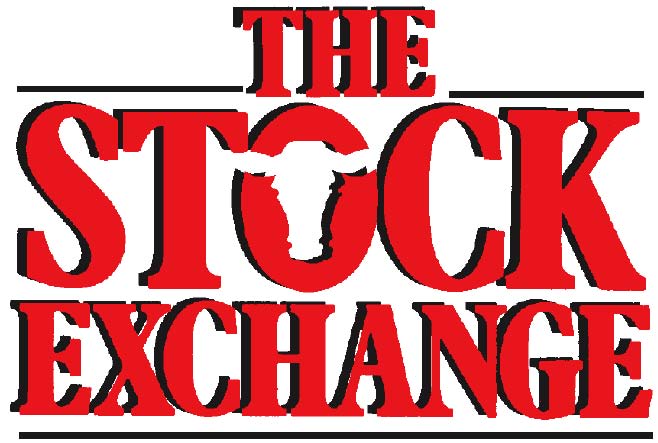WASHINGTON (March 2, 2021) – Senator Deb Fischer (R-NE) today introduced the Cattle Market Transparency Act in the U.S. Senate. If enacted, this legislation would direct the Secretary of Agriculture and the Office of the Chief Economist at the U.S. Department of Agriculture (USDA) to establish regional mandatory minimums for negotiated trade of fed cattle. It would also direct USDA to establish a library of cattle formula contracts, amend the definition of “cattle committed” to expand the delivery window from seven to 14 days, and clarify confidentiality rules for administering Livestock Mandatory Reporting (LMR). Companion legislation has been introduced in the U.S. House by Congresswoman Vicky Hartzler (R-MO-4).
“Cattle producers continue to face serious obstacles when it comes to increasing profitability and gaining leverage in the marketplace,” said NCBA Vice President of Government Affairs Ethan Lane. “Leveling the playing field and putting more of the beef dollar in producer pockets remains the top priority of this association. NCBA shares Senator Fisher’s objectives, as do its affiliates and indeed the entire industry. The best way to achieve those objectives, however, continues to be hotly debated by the very cattle producers this legislation would directly impact. We have worked and will continue to work alongside our affiliates, Congress, and USDA toward regionally robust negotiated trade, the establishment of a cattle contract library, and commonsense in USDA’s rules of confidentiality by taking direction from our membership through the grassroots policy process.”
Cattle producers make science-based, costly investments in cattle genetics and feeding innovations in order to improve the quality of their product. Formula pricing agreements pay producers a premium for this more desirable beef, allowing them to capture more of the beef dollar. The details of these agreements, however, vary widely and this lack of transparency can potentially act as a barrier to producer profitability. A cattle contract library, similar to the existing USDA swine contract library, will help producers evaluate their marketing options and make more informed decisions for their business.
USDA currently reports the number of cattle committed to meatpackers in seven-day increments. Expanding this to 14 days will help producers better anticipate packer needs for cattle and increase their leverage as prices are negotiated.
LMR is an Act of Congress which requires large meatpackers to report market information to USDA’s Agricultural Marketing Service (AMS), who then release it to the public. AMS is also mandated by LMR to keep the “proprietary business information” of reporting entities confidential. In some major cattle feeding regions, like Colorado, USDA’s rules of confidentiality oftentimes prevent any price information from being publicly available. Cattle producers rely upon transparent reporting of transaction prices to make marketing decisions. By clarifying Congress’ intent behind LMR, USDA can equip producers with the data they need to make critical marketing decisions while still protecting sensitive business information.
BACKGROUND
Cattle producers have long witnessed the decline of negotiated trades in the fed cattle complex, and NCBA has been at the forefront of this conversation. While the use of formulas, grids, and other alternative marketing arrangements (AMAs) help cattle producers manage risk and capture more value for their product, these AMAs depend upon the price discovery that occurs in the direct, buyer-seller interactions of negotiated transactions. Current academic research has shown that more negotiated trade is needed to achieve “robust” price discovery within the industry, but each of the five USDA reporting regions contributes to this price discovery differently. To truly contribute to an environment with robust price discovery, policies must factor in the unique characteristics of each reporting region.
Last July, at NCBA’s 2020 Summer Business Meeting, the Live Cattle Marketing Committee heard a wide range of disparate viewpoints from producers on this issue and spent hours in debate to arrive at a compromise. The resulting grassroots policy states that, “NCBA supports a voluntary approach that 1) increases frequent and transparent negotiated trade to regionally sufficient levels… and 2) includes triggers to be determined by a working group of NCBA producer leaders” The policy further states, “if the voluntary approach does not achieve robust price discovery…and triggers are activated, NCBA will pursue a legislative or regulatory solution determined by the membership.”
In August of 2020, NCBA President Marty Smith appointed a subgroup of the Live Cattle Marketing Working Group to develop the triggers required by the member-approved policy. The voluntary framework — now two months into the implementation phase — established a series of triggers to evaluate negotiated trade volumes in each region and benchmarks for improvement. The subgroup is led by a group of producers from various regions with wide-ranging perspectives and opinions on this issue, and still meets regularly to discuss new and innovative solutions to this issue.
NCBA’s grassroots policy process is the tried-and-true venue for the entire cattle industry, from seedstock producers to cow/calf operators to cattle feeders, to work together on complex issues toward common goals. Everyone has a seat at the table, and all are welcome to join.
NCBA release
